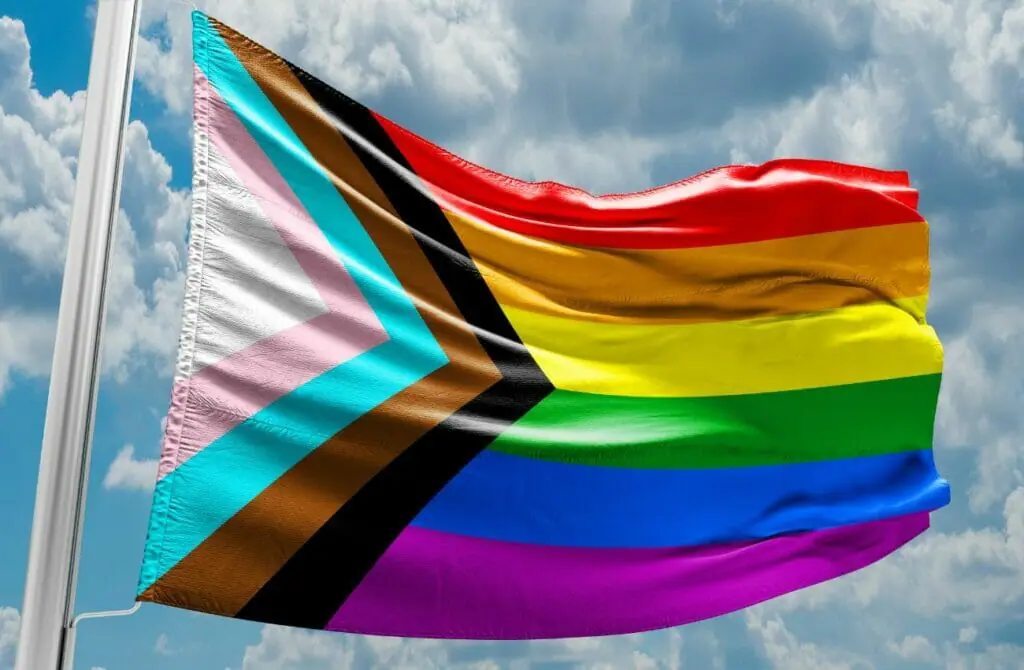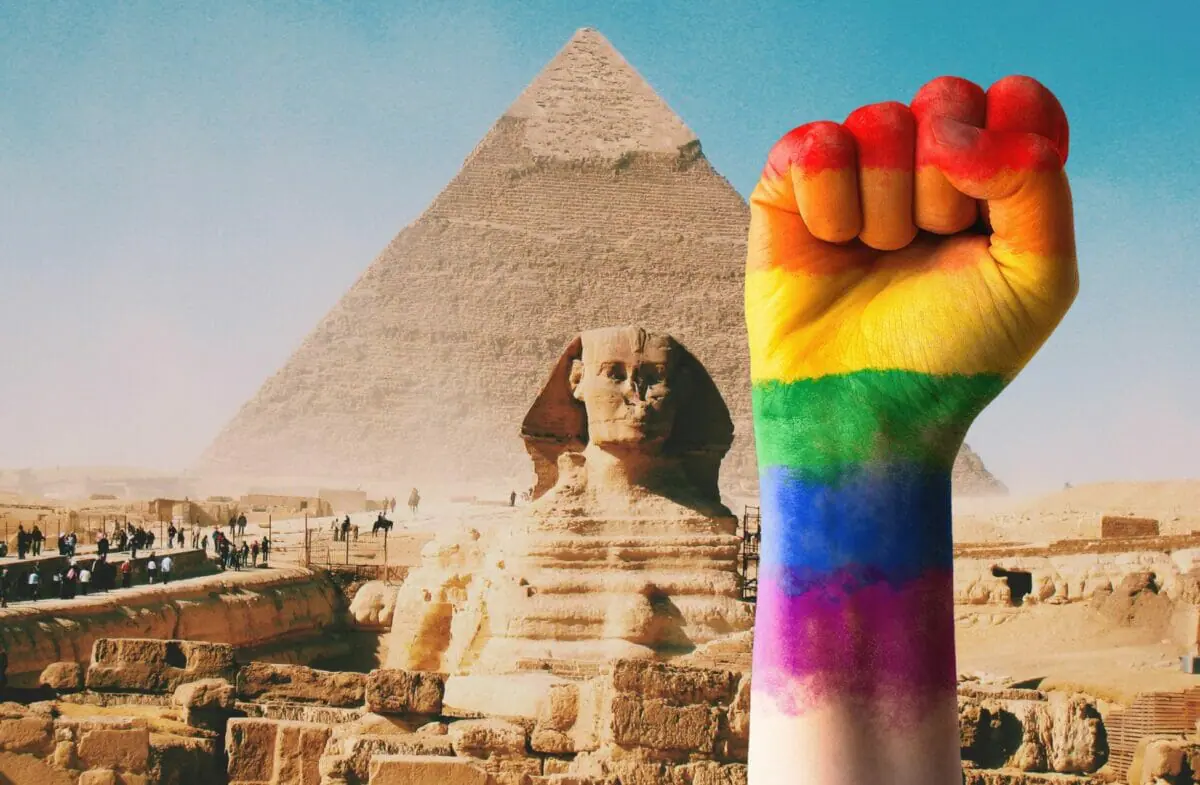Egypt, a country rich in history and culture, presents unique challenges and opportunities for LGBT individuals, both for local residents and tourists. While contemporary Egyptian law does not explicitly criminalize same-sex sexual acts, it does criminalize homosexual activity under public morality laws.
As a result, the LGBT community in Egypt faces discrimination, persecution, and limited legal protections. It is essential for anyone visiting or living in the country to be aware of the legal and social landscape to ensure their safety and well-being. The experiences and risks faced by LGBT tourists and local residents may differ. Tourists generally enjoy a level of protection and understanding with regard to cultural differences.
However, it is crucial to remain discreet about one’s sexual orientation or gender identity, as situations can change quickly, and the onus is on the individual to avoid any behavior or actions that could be deemed immoral or scandalous. Although there are always outliers, Egypt’s predominantly conservative society tends to be less accepting of LGBT individuals, and discriminatory or harmful behavior towards them is not uncommon.
In order to protect oneself and ensure a safe and enjoyable experience in Egypt, it is essential to seek current advice before traveling, be aware of local attitudes and customs, and act accordingly. Avoid sharing personal information with strangers and stay vigilant in public spaces.
Keep in mind that information regarding LGBT rights and safety in Egypt might be outdated, so always consult up-to-date sources and connect with the local LGBT community for support and guidance. Remember, conditions can change rapidly, and it is vital to be adaptable and proactive when it comes to one’s safety and well-being.


History Of LGBT Rights In Egypt
LGBT rights in Egypt have a complex history. It is essential to note that homosexuality is not explicitly criminalized in Egypt. However, the authorities often use laws related to “debauchery” and “public morality” to target and persecute LGBT individuals. These regulations significantly impact local LGBT people and can also affect queer tourists visiting the country.
The situation for the LGBT community in Egypt has seen periods of relative tolerance and intense crackdowns, with large-scale arrests and public demonstrations of support or opposition. Since 2013, there has been a notable increase in actions against LGBT individuals, particularly following the 2017 Mashrou’ Leila concert, during which rainbow flags were flown by audience members.
Although a proposed law explicitly criminalizing homosexuality was never passed, the crackdown has had a lasting impact on Egypt’s LGBT citizens and visitors alike.
As a traveler, it is crucial to be aware of the potential risks and challenges LGBT individuals may face in Egypt. Tourists are generally not targeted at the same level as local people; however, exercising discretion, maintaining a low profile, and avoiding public displays of affection can significantly reduce the likelihood of encountering issues.
Additionally, it is essential to remain informed about the political and cultural climate of Egypt before and during any travel. Situations can rapidly change, and information may become outdated. Always consult recent advice or local LGBT-friendly resources to gain the most accurate understanding of the current situation.
It is vital to remember that although Egypt’s legal stance towards homosexuality is ambiguous, the social environment can be openly hostile. Thus, it is crucial for LGBT travelers to educate themselves about local customs and attitudes. Stay vigilant, exercise caution, and maintain sensitivity and respect for local culture to protect yourself and contribute to a safer environment for the wider LGBT community in Egypt.
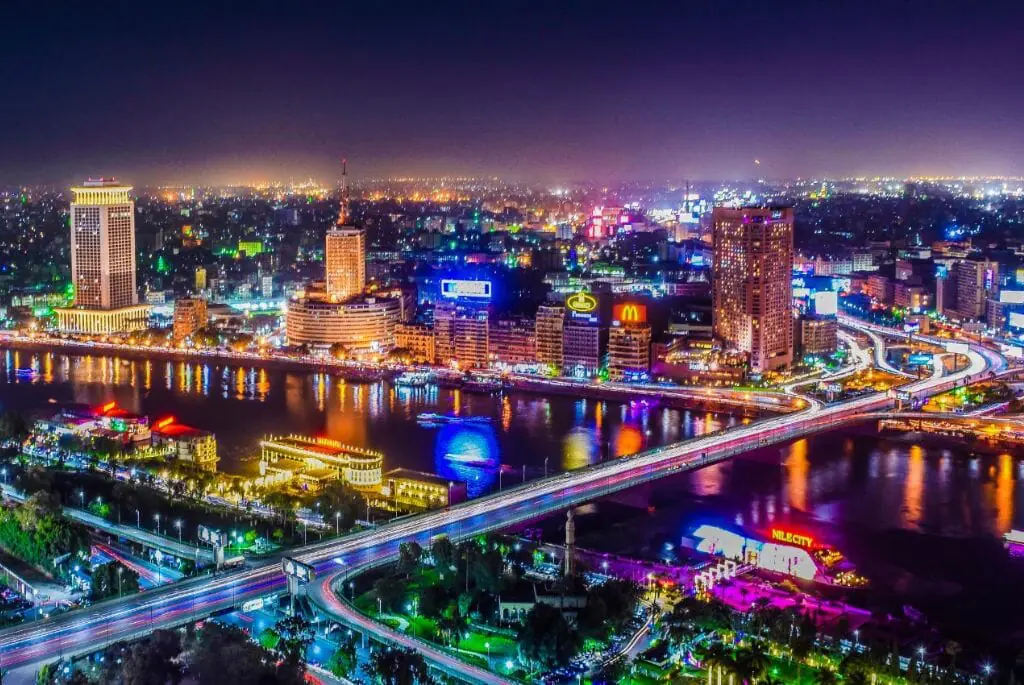

The LGBT Current Situation In Egypt
In Egypt, the situation for LGBT individuals remains precarious. While Egyptian law does not explicitly criminalize same-sex sexual acts, it does criminalize homosexual activity under public morality laws. These provisions have been used to prosecute individuals for behavior or expression deemed immoral, scandalous, or offensive to religious teachings.
For local LGBT individuals in Egypt, there is a lack of legal recognition and protection. Same-sex marriage is not recognized, and there are no specific anti-discrimination laws covering employment, housing, or other areas. Additionally, changing one’s gender is legal but requires surgery, and non-binary gender identities are not legally recognized.
Tourists visiting Gay Cairo or wider Egypt should be aware that these challenges also apply to them. While you may not necessarily face the same level of scrutiny as local LGBT individuals, it is essential to exercise caution and remain vigilant, as bad actors could take advantage of the situation.
To protect yourself, it is advisable to avoid public displays of affection, limit discussing your sexual orientation or gender identity with those you do not trust, and use discretion when accessing LGBT-specific apps or websites. Keep in mind that Egyptian authorities have been known to use digital means and surveillance to target the LGBT community.
Remember that situations can change quickly, and information can become outdated. It is important to seek current advice before traveling to Egypt or any country where the rights and protections for LGBT individuals are limited. Above all, remain informed and cautious to ensure a safe and enjoyable experience during your travels.
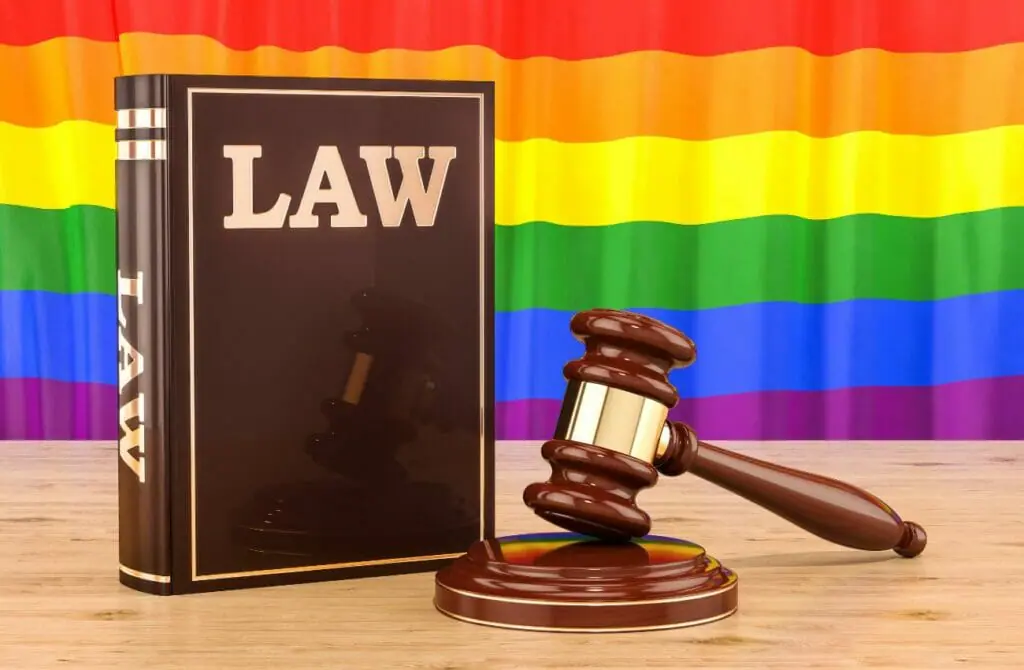

The Future For The Queer Community In Egypt
Egypt has a complex relationship with the LGBTQ community, and there are significant differences in terms of rights and acceptance for local individuals versus tourists. As an LGBT traveler, it is crucial to provide accurate and up-to-date information to help readers navigate this often challenging environment.
For local people in Egypt, the situation is generally unfavorable. While homosexuality itself is not explicitly criminalized, other laws have been employed to prosecute LGBTQ individuals, often under the guise of “habits” or “morals” violations.
Censorship of LGBTQ content is rampant, and discrimination in housing and employment is common, as protections do not exist. The recent crackdown on the LGBTQ community has further strained the situation, with the Egyptian government initiating anti-LGBTQ awareness campaigns in educational institutions in 2022.
Tourists, on the other hand, tend to experience fewer issues in terms of LGBTQ rights. However, it is crucial for those visiting Egypt to remain cautious and aware of local laws, culture, and expectations. Egypt’s conservative society means that overt displays of affection, particularly between individuals of the same sex, can lead to negative attention – and, potentially, interactions with law enforcement.
To protect yourself and maintain your safety, consider the following steps:
- Research the situation in Egypt before your trip, seeking information from reputable sources and current travel advisories.
- Exercise discretion in public spaces, refraining from overt displays of affection or discussing your sexual orientation openly, as this can attract unwanted attention.
- Connect with other LGBTQ travelers or supportive individuals who may provide insights into safe spaces, events, and experiences to enhance your trip.
It is essential to recognize that situations can change rapidly, and information can become outdated. As such, always seek the most up-to-date advice before embarking on your journey. While caution is necessary, it is crucial to remember that there are positive and supportive people in every country, even in challenging environments like Egypt. Remain vigilant, stay informed, and travel safely.
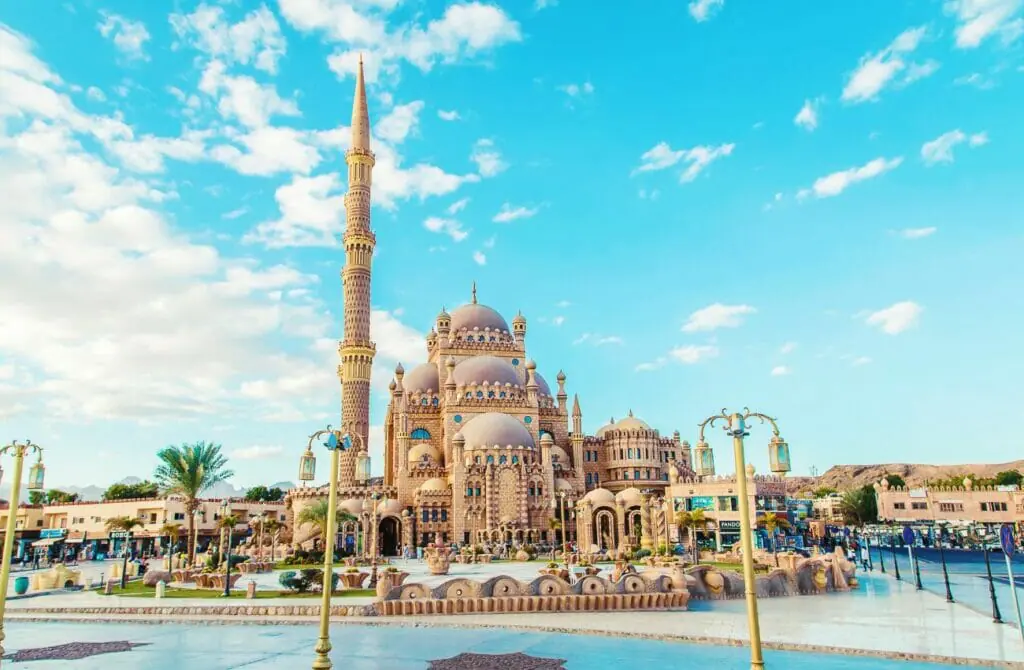
Protect Yourself While Travelling In Gay Egypt
It is essential to be aware of the current situation for LGBT rights in Egypt and how it may affect both local individuals and tourists. Contemporary Egyptian law does not explicitly criminalize same-sex sexual acts, but the expression of ideas related to homosexuality may be prosecuted under public morality laws. Egyptian authorities have been known to target LGBT people, and the country has seen a recent crackdown, including anti-LGBTQ awareness campaigns in schools.
While Egypt’s stance on LGBT rights primarily affects its local population, tourists should still take precautions to protect themselves. Since the legal situation in Egypt can be vague, it is best to err on the side of caution and exercise discretion when discussing and displaying any LGBTQ-related subjects.
To help ensure your safety and comfort during your stay in Egypt, consider taking the following measures:
- Be aware of local customs and attitudes towards LGBTQ topics. Avoid engaging in public displays of affection or discussing your sexual orientation or gender identity in public spaces, as this may draw unwanted attention.
- Seek out queer-friendly spaces and businesses when possible. Although they may be less common in Egypt, connecting with local or expat LGBTQ communities can provide a safe and supportive environment during your trip.
- Have access to emergency contacts and resources, including your country’s embassy or consulate in Egypt, and be prepared with a plan in case you face any issues or discrimination.
- Stay current on local events and changes in legislation. Since situations can change quickly, it is important to seek up-to-date advice and information before and during your trip to Egypt.
Always remember that while Egypt may present unique challenges for LGBTQ travelers, there are potential risks and bad actors in every country. Remain vigilant and prioritize your safety and well-being as you explore new destinations. Furthermore, keep in mind that information and advice can become outdated, so seeking current guidance before embarking on your journey is essential in ensuring a safe and enjoyable experience.
